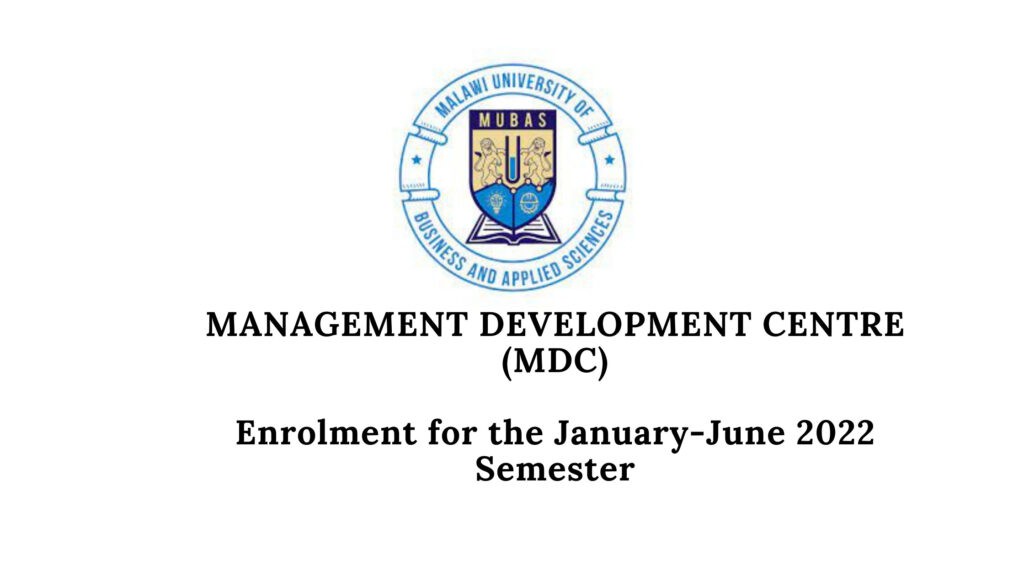So you have a masters in education what can you do with a masters in education? You’re not alone. A master’s in education is a versatile degree that can lead to many different career paths. In this blog post, we will explore 10 different careers that educators can pursue. We will discuss what each career path entails. What skills you need for each one, and what type of work you would be doing. We hope this article provides some useful information and helps you decide which career is right for you!
What is a masters in education and what can you do with it?
A masters in education is a graduate-level degree that can be earned in about two years of full-time study. It prepares students to work as educators, with the potential to move into administrative or leadership positions. The coursework for a masters in education typically includes topics such as curriculum development, assessment and evaluation, teaching strategies, and special education.
There are many different careers available to those who hold a masters in education. Some examples include teacher, administrator, instructional coordinator, curriculum developer, research scientist, and policy analyst. With a masters in education, you could also pursue a career in higher education by becoming a professor or college administrator. Additionally, there are many opportunities for online teaching jobs if you want to work from home.
No matter what your career goals may be, a masters in education can help you reach them. If you are interested in becoming an educator or advancing your current career in education. Then this degree is the perfect option for you. Contact schools near you to learn more about their masters in education programs and how they can help you achieve your professional goals.
Is a master’s degree required for advancement in education?
While a masters in education is not always required for advancement in the field. It can be beneficial to have this level of qualification. Many administrative or leadership positions require a higher degree, and having a masters in education will give you the knowledge and skills you need to succeed in these roles. Additionally, if you want to become a professor or college administrator, you will need to hold a master’s degree.
The bottom line: A masters in education can lead to many different career paths in the field of education. If you are interested in becoming an educator or advancing your current career in education, this degree is the perfect option for you.
Career paths for educators
There are many different career paths available to those who hold a masters in education. In this section, we will explore ten of the most common careers that educators can pursue. We will discuss what each career path entails, what skills you need for each one, and what type of work you would be doing.
1. Teacher
A teacher is someone who educates students in a classroom setting. They typically teach elementary or secondary school students, but there are also opportunities to teach adults in college or university settings. Teachers must be able to effectively convey information to students and create a learning environment that encourages growth and exploration. They must also be patient and good problem-solvers, as they often face difficult challenges in the classroom.
2. Administrator
Administrators are responsible for the overall operation of a school or educational institution. They may be principals, vice-principals, or deans and typically have a wide range of responsibilities, such as hiring staff, developing curriculum, managing budgets, and ensuring compliance with government regulations. Administrators must be good leaders and communicators, as they need to effectively manage and motivate their team.
3. Instructional Coordinator
An instructional coordinator is someone who develops curricula and oversees the instruction process in schools or other educational institutions. They work with teachers to create lesson plans and develop teaching materials that align with state standards and meet the needs of students. Instructional coordinators must have a deep understanding of curriculum development principles. They must also be able to think critically about how best to present information in order for students to learn it.
4. Curriculum Developer
A curriculum developer is someone who designs curricula and develops courses for schools or other educational institutions. This can include creating lesson plans, evaluating existing curricula, researching new methods of instruction, and developing instructional materials such as textbooks or video lectures. Curriculum developers should have strong organizational skills and be able to work independently on projects with minimal supervision. They must also be detail-oriented and comfortable working with complex data sets because they often analyze large amounts of information when designing curricula or developing course content. (For example: If you were hired by Google to redesign their employee training program, how would you approach this project?)
5. Research Scientist
A research scientist is someone who conducts experiments and studies in order to understand relationships between various factors. They may work for a government agency, private company or university where they can focus on one specific area of science such as biology, physics or chemistry. The research scientist must have strong communication skills because they often present their findings at conferences and publish articles about them online.
6. College Professor
A college professor is responsible for teaching undergraduate students at the university level. They typically specialize in one subject area such as English literature or mathematics. They may also teach courses related to other disciplines like economics or psychology depending on what type of institution hires them (i.e., community colleges versus four-year universities). A bachelor’s degree from an accredited school is usually required before you can apply for a position as a college professor. Most positions require that you have a Ph.D. in your field of study.
7. Corporate Trainer
A corporate trainer is someone who trains employees on a variety of topics related to their jobs. They may work for large companies or small businesses. Usually they have experience in the industry that they’re training people about. For example if you worked at Google as an engineer, then went back to school to get your master’s degree. The position requires strong communication skills since many trainers teach courses over video conferencing platforms like Skype or Zoom instead of face-to-face meetings with clients. This means it’s important for them not only to be able explain concepts clearly but also convey enthusiasm through body language during presentations! Some common subjects taught by corporate trainers include leadership development programs, sales techniques
8. Instructional Designer
An instructional designer is someone who creates engaging learning materials for students or employees. They may work in a corporate setting, educational institution or government agency. They are responsible for developing training programs, e-learning courses, manuals and other types of instructional content. Instructional designers must be creative and organized individuals with strong writing skills. They should also be comfortable working with computers since they often create multimedia presentations or interactive exercises as part of their projects.
9. Educational Consultant
An educational consultant is someone who advises schools, universities or government agencies on how to improve their programs and curriculum. They can work at any level from elementary school through post-secondary education. However, most consultants specialize in one area such as special education needs assessment for children with disabilities. Promoting diversity initiatives within public schools. Some common topics covered by these professionals include student achievement data analysis (e.g., SAT scores). Teacher training workshops related to classroom management techniques like effective discipline policies that address bullying behaviors without being punitive towards victims. Program development services which could involve designing a new English language arts program across multiple grade levels based on Common Core standards).
10. School Counselor
A school counselor is someone who provides guidance and support to students in K-12 schools or colleges/universities. These professionals can work as teachers but they also have many other roles. Roles such as helping with academic advising, career planning events like job fairs, Mental health services (e.g., suicide prevention programs. Social justice advocacy (e.g., anti-discrimination initiatives). School counselors must have strong communication skills because they often need to talk about difficult subjects like bullying incidents at schools; it’s important for them not only be able explain concepts clearly but also convey enthusiasm through body language during presentations!
Some common topics covered by these professionals include student achievement data analysis (i.e., SAT scores). Teacher training workshops related to classroom management techniques like effective discipline policies that address bullying behaviors without being punitive towards victims. Program development services which could involve designing a new English language arts program across multiple grade levels based on Common Core standards).
Conclusion
So, there you have it! Ten potential career paths for educators with a master’s degree in education. While this is not an exhaustive list. It should give you a good idea of the many options that are available to you once you obtain your graduate level education in this field. Good luck on your future endeavors!
If you’re interested in learning more about any of these careers, please be sure to check out our other blog posts. And don’t forget to share this article with your friends and colleagues who might also be considering furthering their education in order to advance their career!

